Essential Tips for Keeping Your Data Secure Online
In today’s digital world, safeguarding your data is more important than ever. With increasing cyber threats and data breaches, it’s crucial to take proactive measures to protect your personal and sensitive information. Here are some essential tips to keep your data secure online.
1. Use Strong, Unique Passwords
Create Complex Passwords
Creating strong passwords is essential for protecting your accounts. Ensure your passwords are complex, combining letters, numbers, and special characters. Avoid using easily guessable information such as birthdays or common words.
Use a Password Manager
A password manager can help you generate and store unique passwords for all your accounts securely. It also helps prevent you from reusing passwords across multiple sites.
2. Enable Two-Factor Authentication (2FA)
What is Two-Factor Authentication?
Two-Factor Authentication adds an extra layer of security by requiring not just a password but also a second factor, such as a code sent to your phone or an authentication app.
Benefits of 2FA
2FA significantly enhances security by making it harder for unauthorized users to access your accounts, even if they have your password.
3. Keep Your Software Updated
Importance of Updates
Regularly updating your software, including your operating system, browsers, and applications, ensures you have the latest security patches and fixes.
Automate Updates
Where possible, enable automatic updates to ensure you receive the latest security patches without having to remember to check manually.
4. Use Antivirus and Anti-Malware Software
Protect Against Threats
Install reputable antivirus and anti-malware software to protect your devices from malicious software and cyber threats. In addition to antivirus software, consider using data encryption tools to further protect your sensitive information from unauthorized access.
Regular Scans
Schedule regular scans to detect and remove any potential threats. Keep the software updated to ensure it can recognize the latest threats.
5. Be Cautious with Public Wi-Fi
Risks of Public Wi-Fi
Public Wi-Fi networks can be insecure, making it easier for cybercriminals to intercept your data. Avoid accessing sensitive information or conducting financial transactions over public networks.
Use a VPN
Consider using a Virtual Private Network (VPN) when connecting to public Wi-Fi. A VPN encrypts your internet connection, adding an extra layer of security.
6. Backup Your Data Regularly
Importance of Backups
Regular backups ensure that you have copies of your data in case of loss or damage due to hardware failure, ransomware, or other issues.
Backup Methods
Use cloud storage solutions or external drives to store backups. Ensure backups are updated regularly and test them periodically to ensure they are working correctly.
7. Monitor Your Accounts and Credit Reports
Watch for Unusual Activity
Regularly check your online accounts for unauthorized transactions or changes. Set up alerts for any suspicious activity.
Review Credit Reports
Periodically review your credit reports to detect any unusual activity or signs of identity theft. You can request a free credit report annually from major credit bureaus. Understanding GDPR regulations can also help you stay informed about how companies handle and protect your personal data.
8. Educate Yourself About Phishing Scams
Recognize Phishing Attempts
Be cautious of emails, messages, or websites that ask for personal information or direct you to suspicious links. Verify the source before providing any information.
Report Phishing
If you encounter a phishing attempt, report it to the relevant authorities or organizations to help prevent others from falling victim.
9. Secure Your Social Media Accounts
Privacy Settings
Review and adjust privacy settings on your social media profiles to control who can view your information and posts.
Be Selective with Sharing
Avoid sharing sensitive personal information publicly, and be mindful of what you post, as it can be used to target you in various cyber attacks.
10. Practice Safe Browsing Habits
Avoid Suspicious Links
Don’t click on links in emails or messages from unknown sources. Ensure websites are secure (look for “https” in the URL) before entering personal information.
Use Secure Websites
When shopping or entering personal details online, ensure the website is legitimate and secure. Look for security badges and reviews to verify credibility.
Conclusion
Keeping your data secure online requires a combination of good habits and the right tools. By using strong passwords, enabling two-factor authentication, keeping software updated, and practicing safe browsing, you can significantly reduce your risk of data breaches and cyber threats. Stay vigilant and proactive to ensure your information remains protected in the digital age.
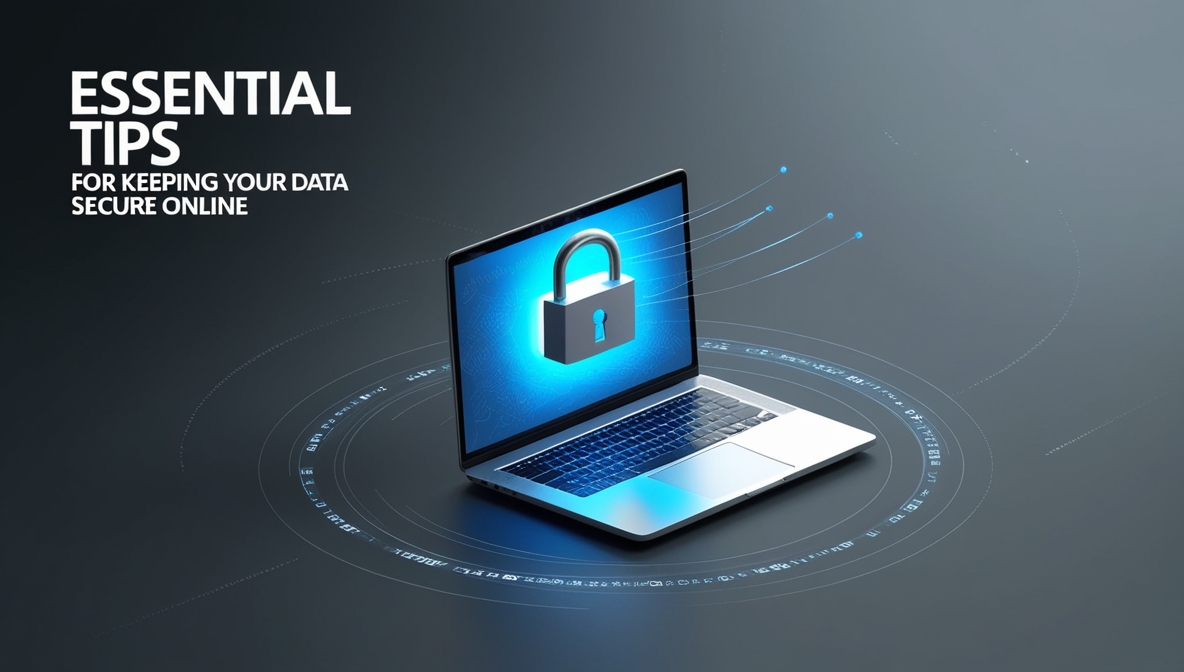
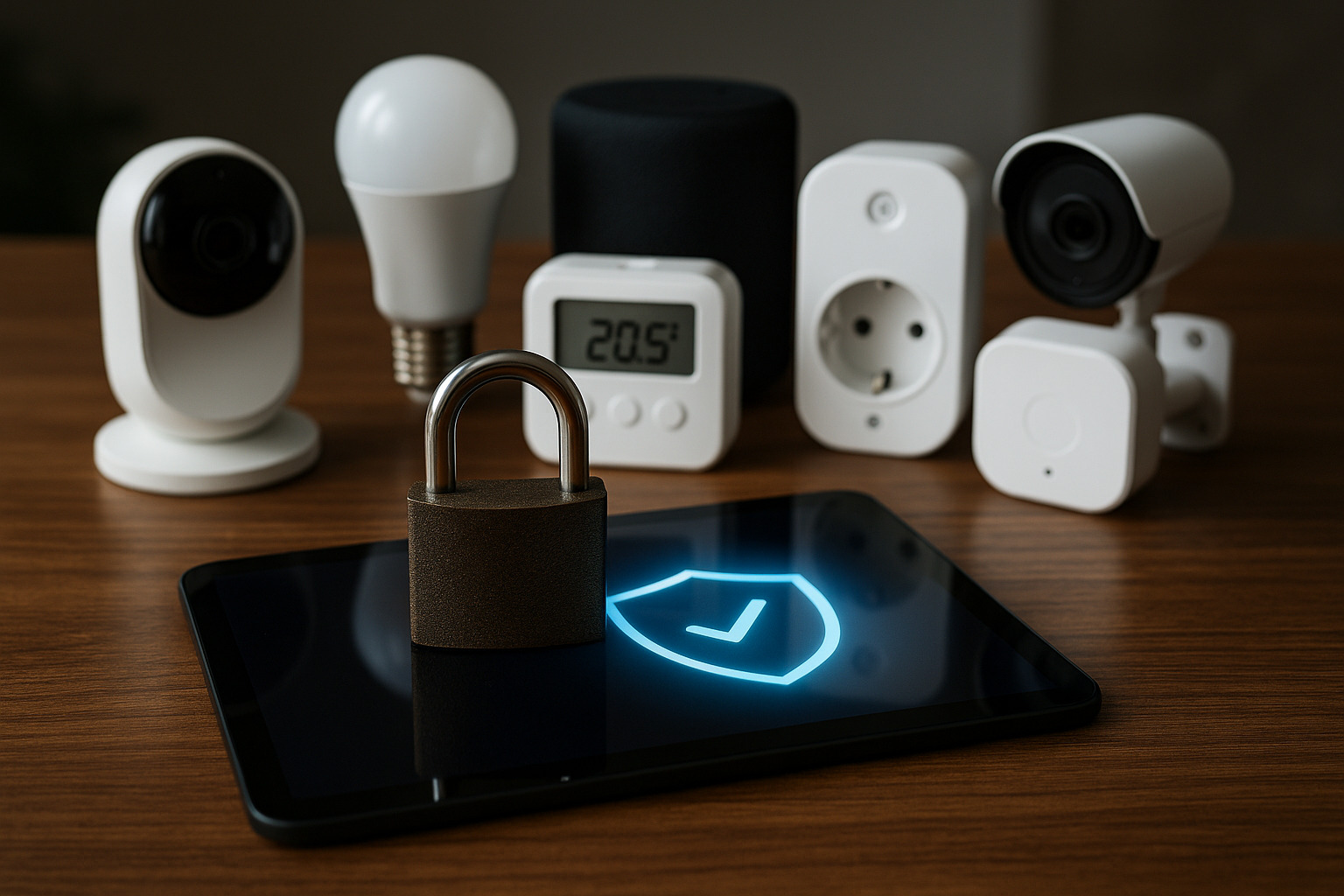
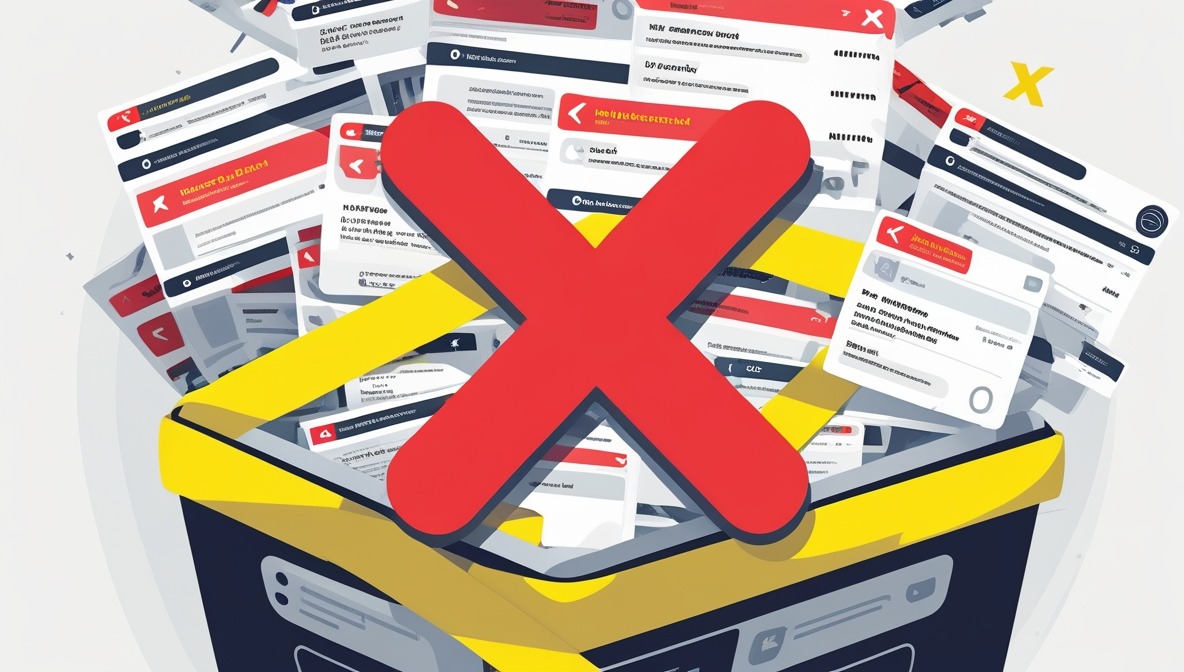
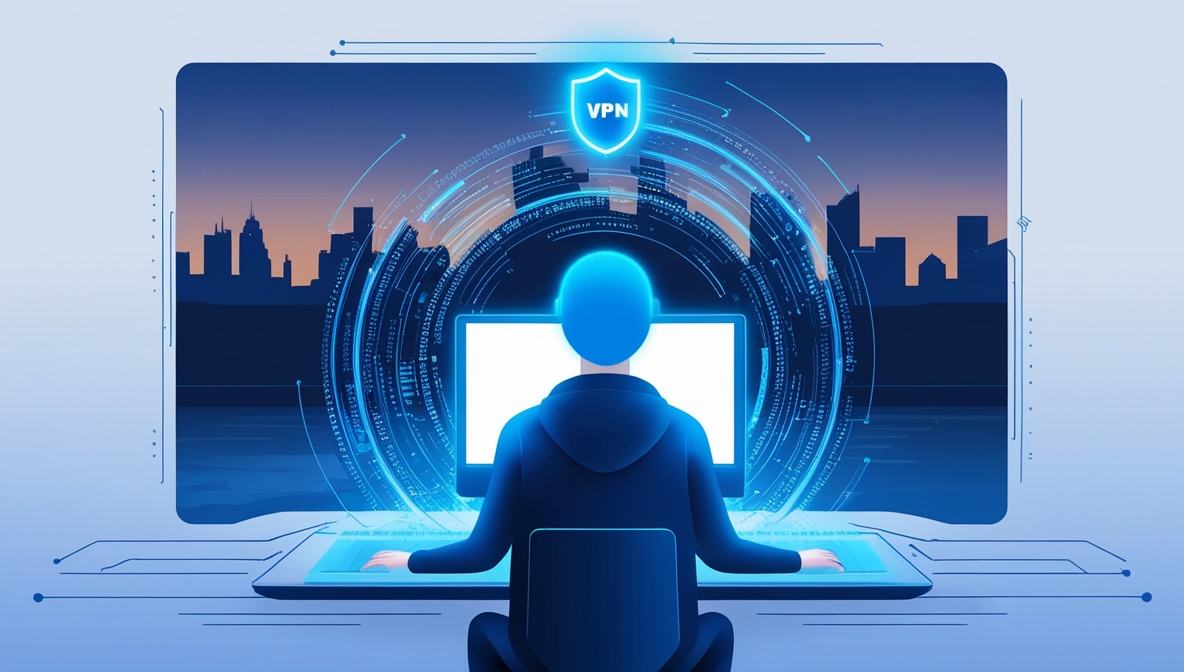





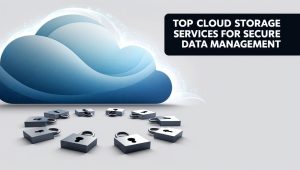


Post Comment